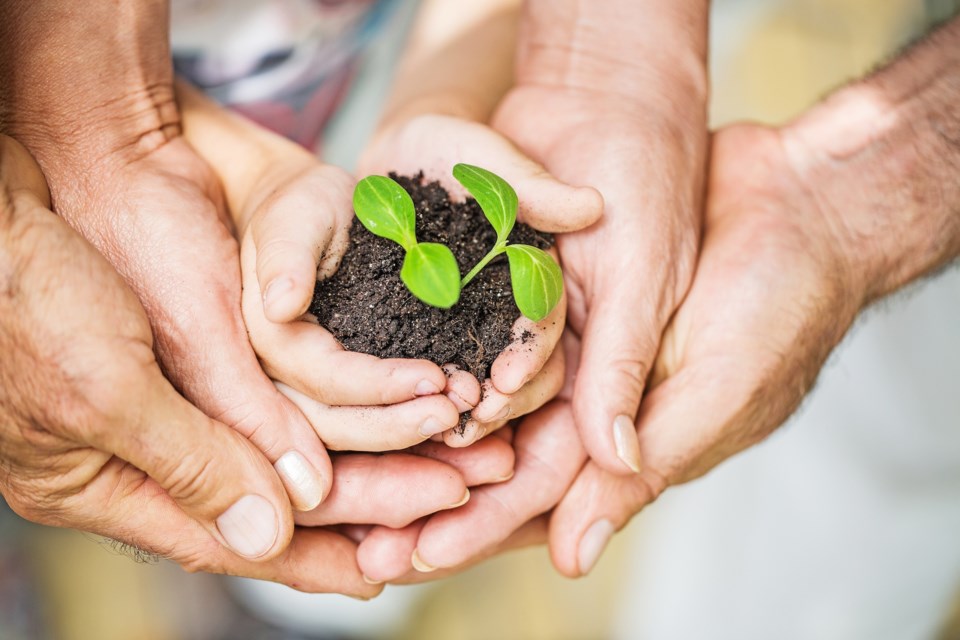If children are armed with the facts about climate change and realize their role in contributing to the crisis then they will more likely want to be involved with the solution.
That was part of the message a local teacher and student discussed at an environmental talk about how to engage the next generation in climate change action.
“Being blunt with the facts about the current state of affairs is something that causes people’s eyes to open and their jaws to drop,” said F. H. Clergue Public School Grade 6 teacher Jason Chenier at Sault Climate Hub’s latest Zoom seminar series last night.
“We have this tendency to protect our children, to soften everything for them so they don’t experience any discomfort. What I found was that the more blunt I was with the facts about how severe the state was of the earth, the more shocking it was, seemed to shake awake the students and helped them realize the severity of the situation.”
F.H. Clergue Grade 7 student Marijke DeGeus agreed.
“Once they realize the truth and how bad the situation really is then they realize they had a part in making it worse and I think that impacts them,” she said.
The pair was invited to speak at the seminar because of their passion for environmental issues which Chenier tries to instill in his students, like DeGeus, who incorporates environmental stewardship into her daily life – from using stainless steel school lunch containers to packing them with left-over supper to limit waste.
Once children have the facts and are informed, they say, a fostering of a culture of responsible behaviour will also help to get them involved.
Chenier and DeGeus referred to a class competition where students were asked to create a list of all the ways they could make little changes in their day-to-day lives to consume less energy and implement those for one week.
The list included ideas like taking shorter showers, riding bicycles or walking instead of asking for a car ride, and using natural sunlight instead of turning lights on.
At the end of the competition, Chenier and DeGeus said the students realized how small changes can have big impacts, and even more important, how easy it could be to make these permanent, healthy habits.
“They go home and try all these things out and they realize it’s not that hard. We can actually do this. And if it wasn’t hard for them then they could keep doing those things,” said DeGeus.
Chenier and DeGeus also discussed how a personal connection can be one of the deepest motivators for change.
Chenier recalled showing his students the David Attenborough documentary, A Life On Our Planet, and how one scene in particular showing a walrus falling off a cliff as a result of climate-induced snow cap melting resonated with the class.
“The emotional response from the students was shocking, even to me,” he said.
“If they have the connection then they’re really sad if it dies because of the way we are treating the planet, how we’re treating them, and when it hits them in the right place they want to do the right thing,” DeGeus added.
DeGeus is hopeful in her generation and believes that climate challenges can be tackled, even if only one step at a time.
“I hope that the young people and the children will be informed enough to be able to ask questions and then they can learn how to make small differences because the small differences make a big impact,” she said.
